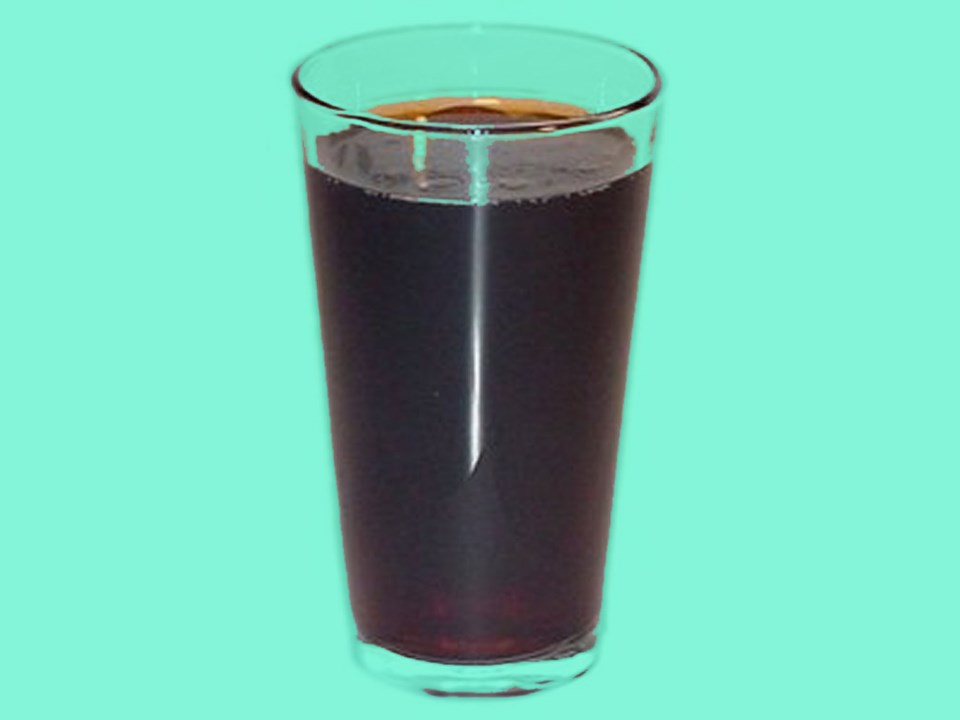My good friend who eschewed diet drinks, used to say "did you ever notice that only fat people drink diet pop?"
This was many years ago before political correctness became the vogue, and in any case, he would have ignored PC, but one cannot or should not say fat people, even "obese" is verboten, and "over-weight" is certainly taboo. Perhaps overly-large or genetically-enhanced would have worked for him.
Nonetheless, what he was saying was that he thought a diet cola was counter-productive in keeping one’s body-mass-index near the scientific norm. Moreover, it ruined the taste of his rum and coke. Now, many years later (Art has gone through the Pearly Gates to the streets of Gold where the bars on the right side serve Appleton’s with the original Coke; the bars on the left use Pepsi as a mixer) I think I have a pseudo-scientific answer to the "only large people drink diet pops" observation.
Away back when, and I mean AWAY back, humans developed a fondness for sweet-tasting things. Perhaps they were tired of grasshopper stew or charred rabbit haunches, but a little bee honey was very nice, even some of the berries had an attractive sensation on the tongue. Honey and grapes became the go-to fixes for the now sweet sensation pleasure for the brain. Then we found cane sugar. All of this sugar fixation began to cause an uptick in diabetes. Doctors and scientists in the 18th century began looking for a solution to this new medical phenomenon.
The first ah-ha moment was the discovery of saccharine, an artificial sweet-tasting chemical combo. There followed others like Aspartame, Splenda, Sweet & Lo and Sucralose. The idea was that we could trick the brain into thinking this was a nice sweet pleasant taste but carried none of the diabetic dangers of sugar.
The subconscious brain is a lot smarter than we might think using our conscious part of the brain. Slowly, for these genetic changes do take time, let us say in the past 100 years (three or four generations), the quiet part of the brain said to the pancreas and other body parts, this seems to taste like sugar so treat this – process this - just as you would a sugar. I am sure this is where my friend Art was going although he never expressed this to me in so many words.
We pseudo-scientists like to do tests, sometimes on other creatures, but failing a government grant or scholarship or mice and rats, we too often do tests on ourselves. Do not, I repeat, do not try this at home. I wear one of those diabetes glucose meters that charts the rise and fall of blood sugar: a perfect scientific instrument, with its own app, for my diet pop test, I thought.
For control purposes, getting the numbers accurate 9 times out of 10 within a 5% error, I consumed my allowable one-per-day drink of rum mixed with diet cola for 4 days and then 4 days with regular cola (full disclosure: I used Captain Morgan’s Spiced rum and the PepsiCo company colas). I cannot disclose the exact readings for government-imposed privacy reasons, but the results from the chart were virtually identical.
Now the ounce of rum might have skewed the results so I girded my loins and did 8 days of testing without the rum. Admittedly, the glucose results were a little lower but the chart lines were very similar. My conclusion is that my brain is sending the same signals to my pancreas and other organs whether I mix my drink with cane sugar or artificial sweeteners. Art was right.
Now consider this: if the brain can be fooled by these chemical alternative sweeteners, can it be fooled by the empty calories? Does the old subconscious brain think that a full tummy equals the number of calories needed to get us through the next day – no matter the content? Does it measure the volume of two glasses of regular beer to two glasses of ‘lite’ beer and deduce that there must be the same number of calories by volume to burn the next day? Other people may attest that drinking ‘light’ beer does not help you lose weight. I shun those light beers so I cannot help with this experiment.
Do not ask me to test sodium chloride against potassium chloride – it is too much for my already confused brain. Does my brain really know that the flavoured tofu I had last week was not really turkey? Or that the chewy kale she served on Boxing Day was not really edible lettuce?
Seriously, maybe it is time that real scientists looked at the obesity problem from the perspective that our brains are evolving to treat these chemical concoctions like the natural ones we knew genetically from our not-so-distant past. It might be a stretch to connect the opioids to be as happy as we used to be when smelling the forest flowers, but who knows?
Maybe Art was right. You can do your own person-to-person survey but be careful: some of these large people are a little sensitive – about diet colas. Just saying.



